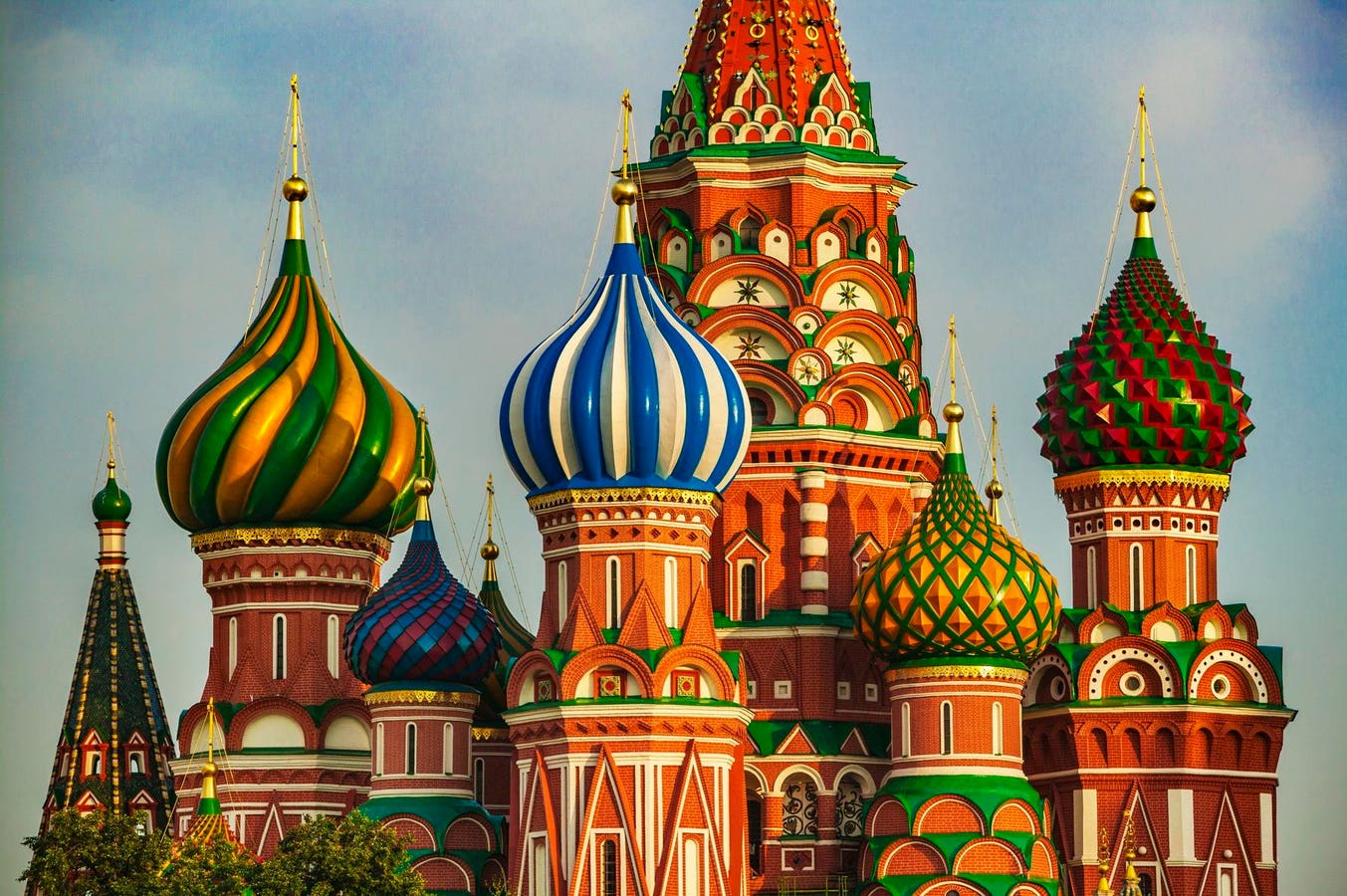According to a new report by VPN maker Surfshark, Russia accounts for 61% of global content removal requests over the past decade all by itself, and the pace is increasing. Worldwide removal demands surged 50% last year to over 90,000, and Russia accounted for fully 58,000 of those requests.
150 countries have submitted content removal requests over the past decade, according to Google’s own bi-annual reporting. But 104 of them have submitted fewer than 100 requests, while six countries have submitted more than 10,000 requests each, together accounting for the lion’s share of removal requests:
- Russia: 215,000
- South Korea: 27,000
- India: 20,000
- Turkey: 19,000
- Brazil: 12,000
- USA: 11,000
“Government requests for content removal from Google products are on the rise,” Agneska Sablovskaja, Surfshark lead researcher, said in a statement. “In the past decade, the global count has surged nearly 13 times — from 7,000 to 91,000 requests annually. National security stands out as the most frequently cited reason by governments globally seeking the removal of undesirable content.”
An important question, she adds, is whether there’s a balance between genuine public safety and encroachment into censorship.
The number of requests, however, is just the tip of the iceberg. Each request can include multiple items. For example, the 355,000 requests from the past 10 years include 3.87 million items: 11 items per request.
Most requests are for YouTube, following by Google Search, and then Blogger. Other removal requests are for Google’s mapping products—national boundaries can be controversial, and maps can sometime contain sensitive images or data about military installations—as well as Google Images.
The recent surge in requests from Russia coincides, of course, with the countries’ invasion of Ukraine, which started in February 2022 under the auspices of a “special military operation.”
The reasons given for removal requests are largely national security:
- 27% national security
- 20% copyright
- 10% defamation
- 10% regulated goods and services
- 10% privacy and security
Russia accounts for the majority share of both national security requests as well as copyright requests, according to the report.
Read the full article here





